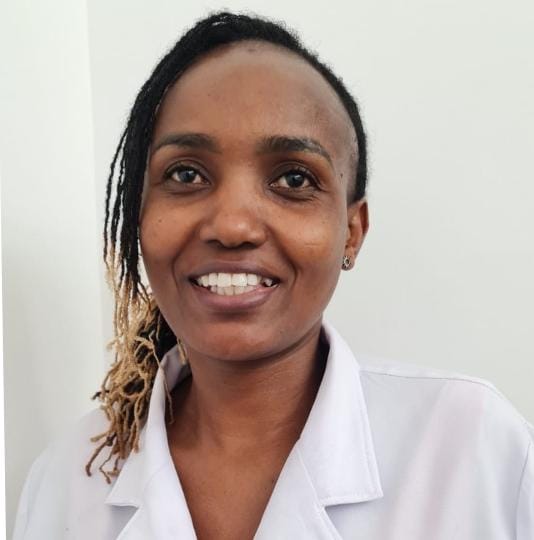

For many people, getting a period is just another part of the monthly routine, sometimes inconvenient, but expected.
However, when your period is late, unusually painful, missing, or significantly heavier than usual, it’s more than just a nuisance.
These changes could signal a menstrual disorder, which deserves attention rather than dismissal.
A menstrual disorder refers to any problem that affects the regularity, frequency, duration, or comfort of your menstrual cycle.
This can present in several ways: cycles that come too often or too rarely, cramps so severe they keep you in bed, spotting between periods, or bleeding that is much heavier or lighter than normal.
In some cases, periods may stop altogether, a condition known as amenorrhea.
These conditions are more common than many realise and can stem from various causes, including hormonal imbalances, stress, certain medical conditions, or lifestyle changes.
While they can significantly disrupt daily activities, the good news is that most menstrual disorders are manageable and often treatable, once the underlying cause is identified.
If you notice persistent or severe changes in your cycle, it is important to consult a healthcare provider.
Timely diagnosis and treatment can not only ease discomfort but also safeguard your overall reproductive and general health.
Types of menstrual disorders
Menstrual disorders come in different forms, each affecting women in unique ways.
These conditions can disrupt not just the menstrual cycle but also daily life, emotional well-being, and overall health.
Let’s look at some of the most common types:
1. Amenorrhea
Primary amenorrhea: No period by age 15.
Secondary amenorrhea: Periods that suddenly stop for 3 months or more.
2. Dysmenorrhea (Painful Periods)
Cramps that go beyond mild discomfort, sometimes severe enough to interfere with daily activities.
3. Menorrhagia (Heavy Bleeding)
Periods so heavy you need to change your pad or tampon every hour.
Bleeding that lasts more than 7 days.
4. Oligomenorrhea (Infrequent Periods)
Periods that are very irregular or spaced far apart (more than 35 days).
5. PMS and PMDD
PMS: Cramps, bloating, mood swings, and cravings before your period.
PMDD: A more intense version that can cause severe depression, anxiety, and irritability.
Should you be worried?
Some signs that should be checked by a doctor are;
You haven’t had a period for 3+ months (and you're not pregnant).
You bleed heavily enough to soak through a pad every hour.
Your periods come with intense pain or nausea.
Your cycle is suddenly irregular for several months.
Your mood or physical symptoms seriously impact your life.
What causes menstrual disorders?
Hormonal imbalances
Stress and lifestyle factors including eating disorders
Medical conditions (PCOS, endometriosis, fibroids, thyroid disorders)
Medications or birth control methods
Treatment options
Good news: most menstrual disorders are treatable. Depending on the cause, options include:
Hormonal birth control (to regulate cycles or reduce bleeding)
Pain relief with painkillers, warm baths or use of hot water bottle
Iron supplements (for heavy bleeding-related anemia)
Diet and lifestyle changes (exercise, stress management, balanced nutrition)
Surgery (for fibroids or endometriosis, in more serious cases)
You deserve a comfortable period
Many people suffer in silence, thinking painful or unpredictable periods are just something to “deal with.” But that’s a myth. Your menstrual cycle is a window into your health.
Listen to your body, track your symptoms, and don’t hesitate to reach out to a healthcare provider.
Pro tip
Use a period tracking app to monitor changes in your cycle. This can be super helpful for doctors and helps you understand your body better.
Your period is personal, but you’re not alone. Talk about it, ask questions, and take control of your health.
Understanding these menstrual disorders is key to seeking timely treatment.
While some variations in menstrual cycles are normal, persistent changes, especially those causing pain, heavy bleeding, or emotional distress, should never be ignored.
Proper diagnosis can lead to effective management, improving both health and quality of life.
Dr Mary Wanjiku Njoroge- Obstetrician and Gynecologist at Silver Cradle Gynecology and Family Clinic


















